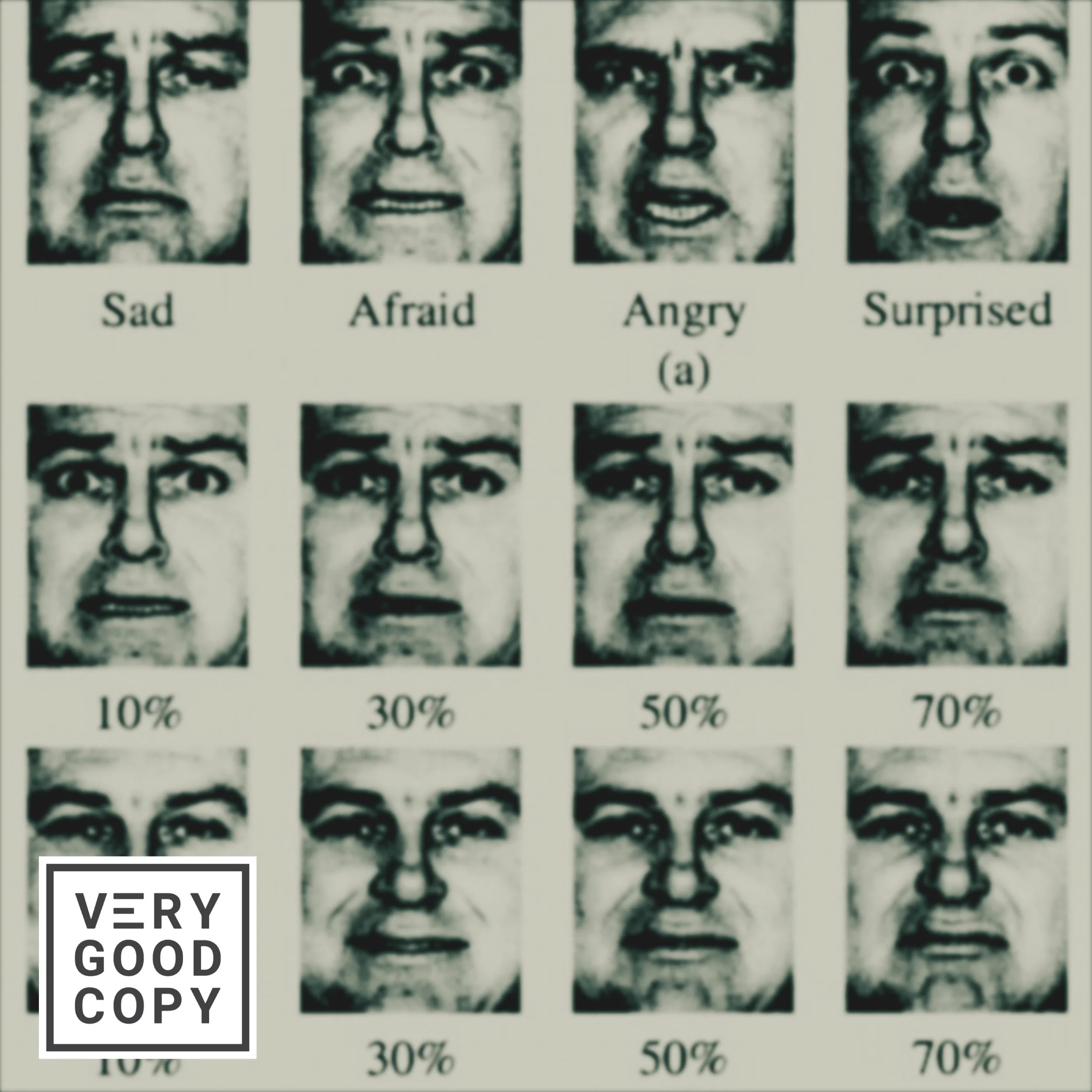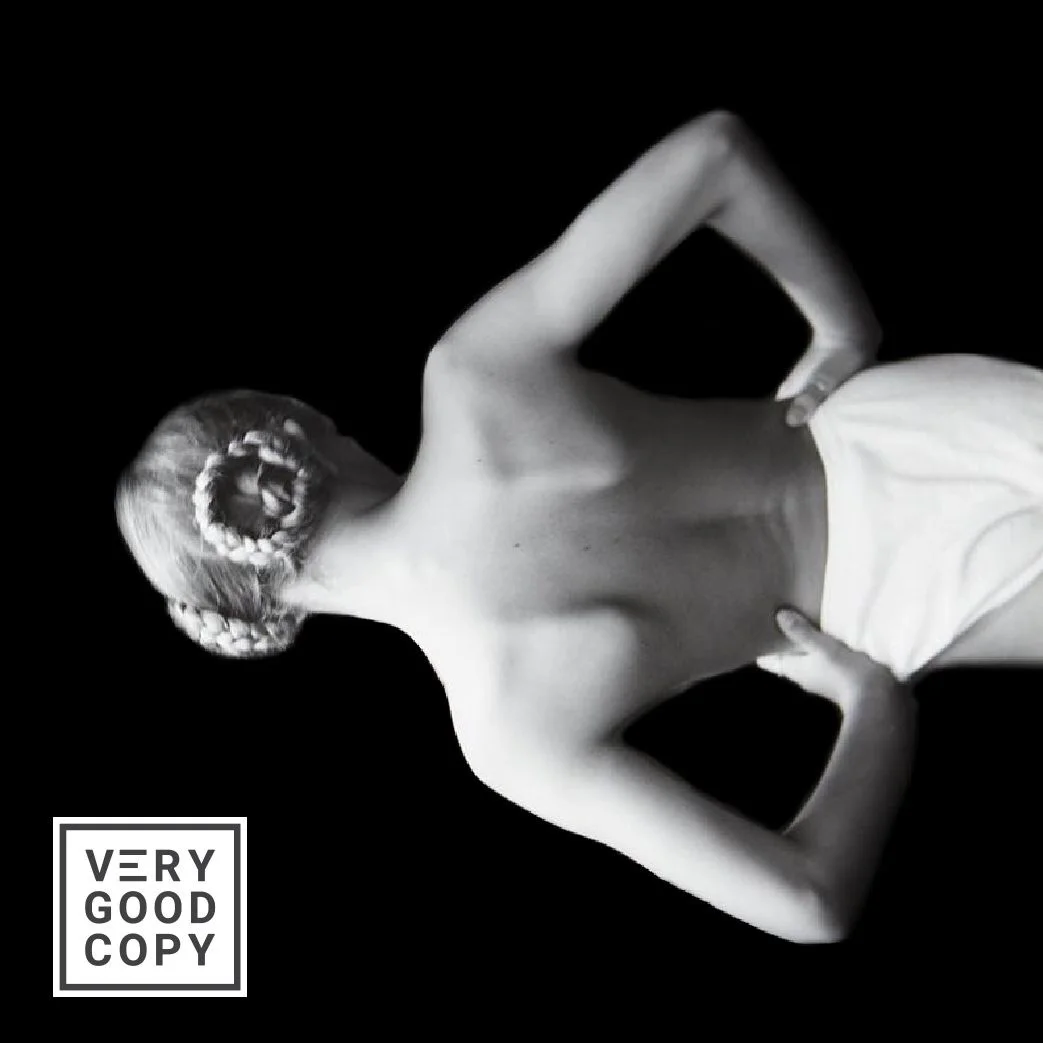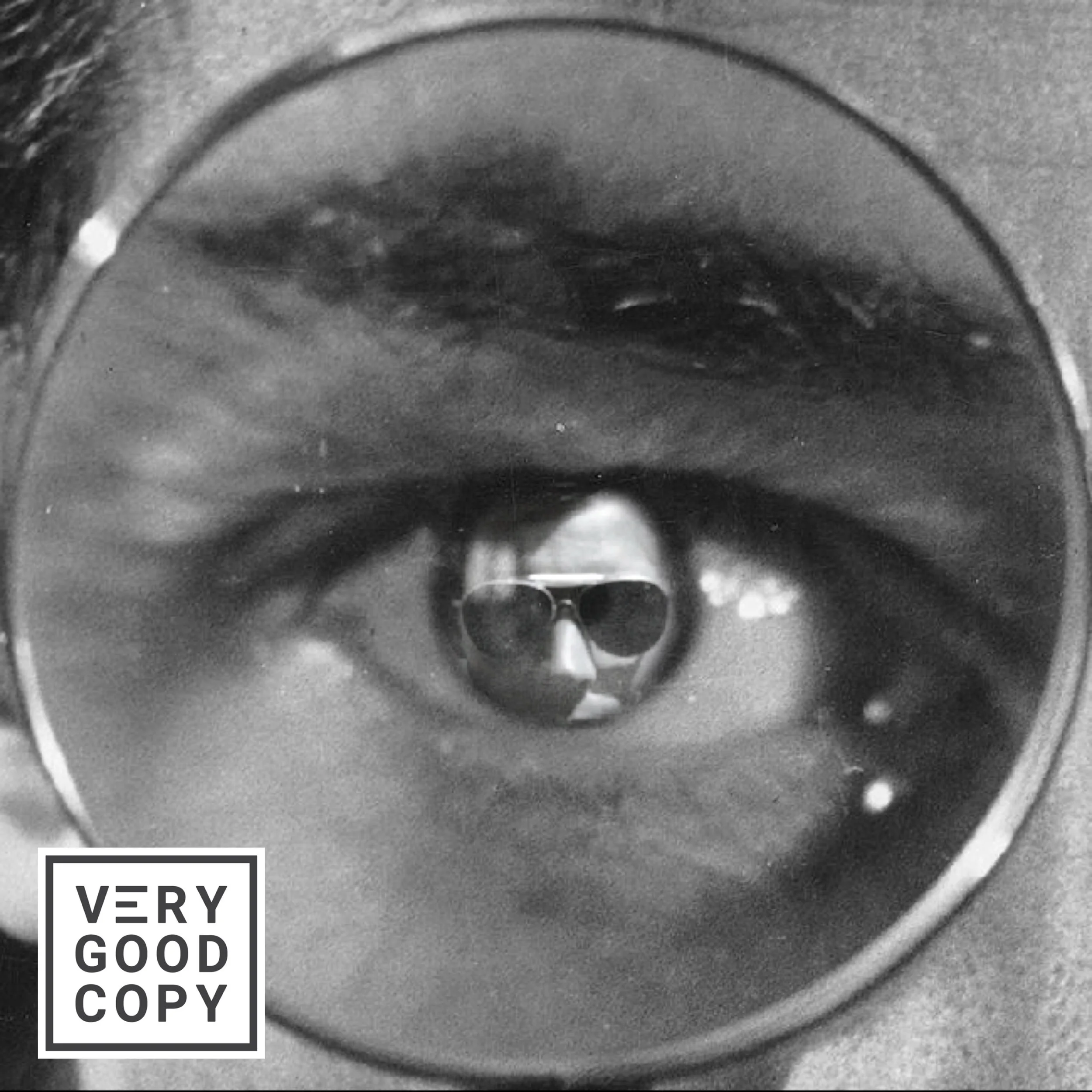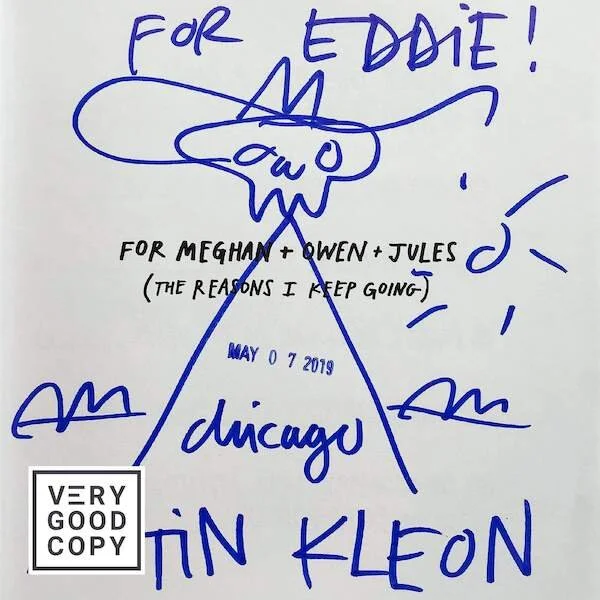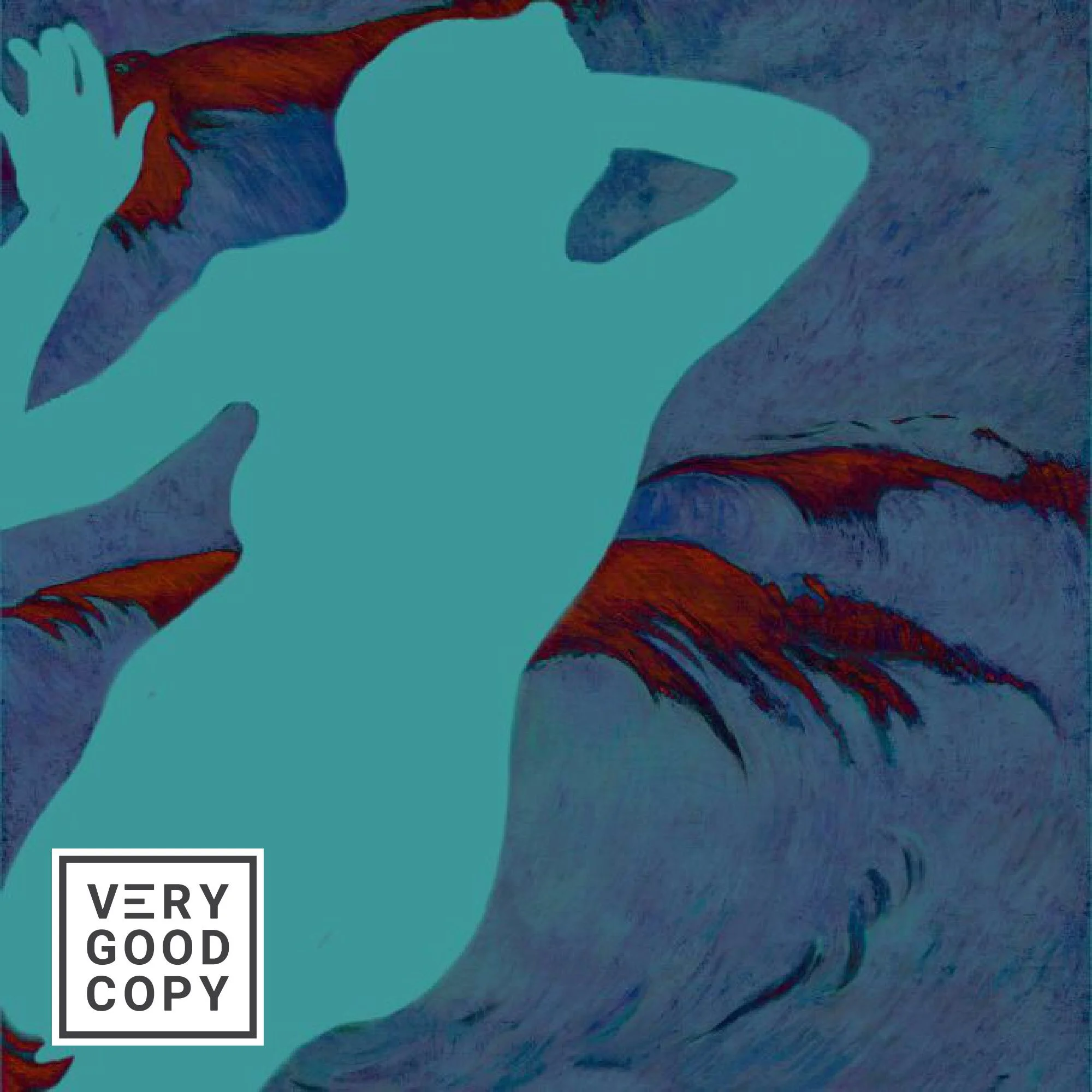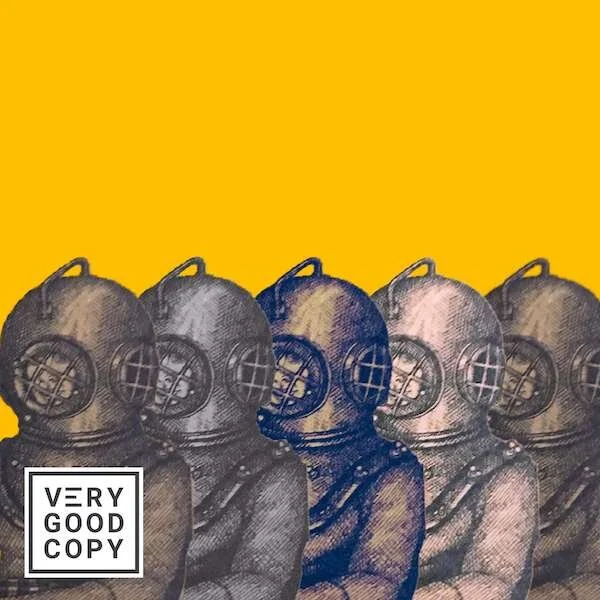![VeryGoodCopy [Small].png](https://images.squarespace-cdn.com/content/v1/5615edeae4b0b9df5c3d6e90/1544573838312-L1WKWW0SHZSWOGLN9BFP/VeryGoodCopy+%5BSmall%5D.png)
“First, I abuse the people whose help I need.
Then I take a nap. Then I start at the beginning again… and see if I end up in the same place.”

This quote is from Mad Men, a smart show.
Don Draper, creative director, said it to Peggy Olson, copywriter.
Peggy was unsure about one of her campaign ideas, so she asked Don for help.
“Let me in your brain,” she said. “What would you do?”
Don’s advice is good and honest.
It can be used to think through any messaging idea intended to influence a mass audience, a market. It’s a way to “gut check” angles for taglines as well as headlines and emails, landing pages and sales letters.
In other words, it will help you find a modicum of certainty when making creative writing decisions. And that’s very valuable.
But there’s one problem with Don’s advice…
It’s cryptic, vague.
Let’s recount. Whenever you’re really unsure about an idea:
Step 1: Abuse the people whose help you need.
Step 2: Take a nap.
Step 3: Start at the beginning… and see if you end up in the same place.
So let’s unpack his advice. Let’s flesh it out and add some context.
Let’s make each of these 3 steps clear — so that you can use this process to create exceptional work, like Don Draper.
Here goes…
![VeryGoodCopy [Small].png](https://images.squarespace-cdn.com/content/v1/5615edeae4b0b9df5c3d6e90/1544574073277-GYBE2C7RT2TO8213MMHE/VeryGoodCopy+%5BSmall%5D.png)
JOIN THOUSANDS OF SUBSCRIBERS

1. “First, I abuse the people whose help I need.”
Writing can be scary because it demands making decisions that may not work.
That’s just the job. Uncertainty is baked in.
And that fear can breed anxiety (especially when you’re under a deadline). And sometimes, if you’re not careful, you may project your angst onto your colleagues.
It’s a coping mechanism. But that’s no excuse.
TRANSLATION: Control your emotions.
Or nobody will like you, much less want to help you.
2. “Then I take a nap.”
The more you read something, the less impressive it will sound to you. You’ll wear it out.
Yes, the law of diminishing returns applies to your enthusiasm for creative work. And that can affect your judgment.
TRANSLATION: Always step away from your work to gain a more authentic perspective.
When you get tired, learn to rest.
3. “Then I start at the beginning again… and see if I end up in the same place.”
If, after you step away, you’re still unsure, allow yourself a fresh start.
Rested, mind clear, review your research. Ask yourself:
“Why is this product made the way it is?”
“What consumer problems, desires, and needs is it designed for?”
“What’s special about it — why does it fulfill a consumer’s needs better than the competition?”
“Who says so besides you?”
“What are all the product’s best features and how does each translate into a consumer benefit?”
“If you had unlimited funds, how would you improve this product?”
“Who are its heavy users — the 20 percent who generate 80 percent of the sales?”
Then ask yourself: “What am I selling, really?”

TRANSLATION: Nothing clears the cobwebs like a clean slate, a true restart.
After you’ve done your due diligence, if you’re still in the same place, let it be.
Finding the right idea is work, but it’s worthwhile work.
Because a bad idea probably won’t sell.
But a good idea could make your business.
LEARN TO PERSUADE
![VeryGoodCopy [Small].png](https://images.squarespace-cdn.com/content/v1/5615edeae4b0b9df5c3d6e90/1544574175680-UTESGBXV5LE0K4SM1BY1/VeryGoodCopy+%5BSmall%5D.png)
WRITE BETTER.
MARKET BETTER.
SELL MORE.
COMMENT BELOW

Judge not lest ye be judged.









![How copywriters put prospects in the buying mood [quick trick]](https://images.squarespace-cdn.com/content/v1/5615edeae4b0b9df5c3d6e90/1533095575515-C2JPAZA3C46IBX00EMM8/Put+prospects+in+the+buying+mood+%5BVGC+art%5D.JPG)









